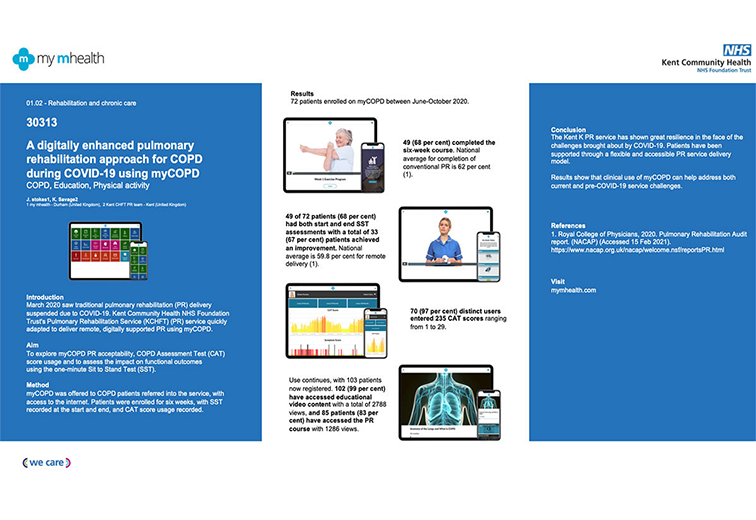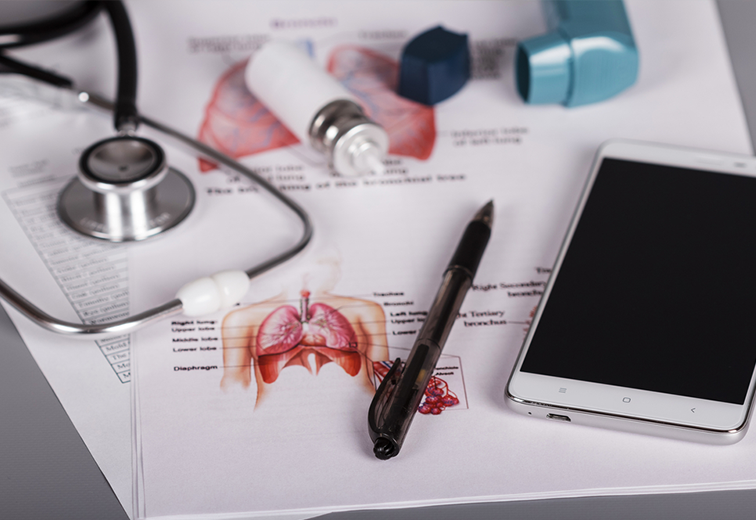Evidence
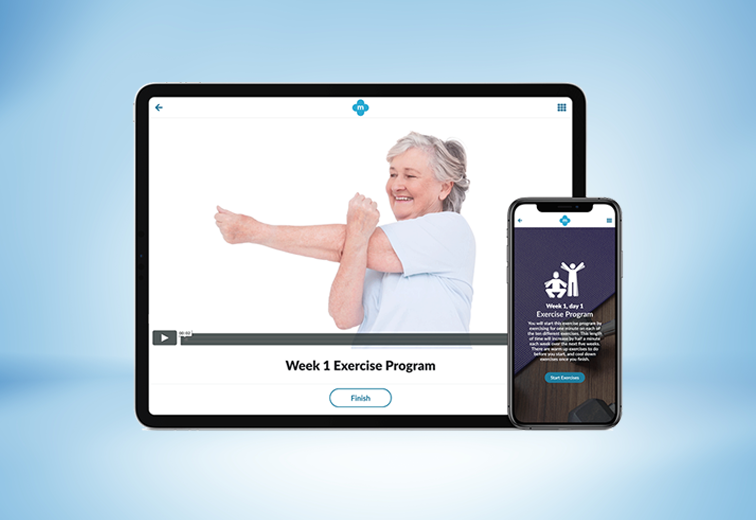
Results of a service evaluation by Southend University Hospital using myCOPD to support a home-based pulmonary rehabilitation (PR) programme in several different local locations. The Enhanced Pulmonary Rehabilitation Programme was launched by Southend University Hospital in 2018. The programme was designed to offer a variety of options for patients to complete their PR. This was a new model of care offered to patients who were unable to attend or were waiting for a centre-based course. This provided these patients with an opportunity to undertake an education and exercise course at home, supported by the PR team. The home-based PR programme recruited 88 patients to the evaluation. 59 of the 88 home-based PR patients chose to include myCOPD , of which 15 (17%) used myCOPD only and 44 (50%) used it in combination with written information and a DVD. The remaining 29 home-based patients did not wish to include myCOPD in their PR programme and were therefore provided with either written information or a DVD. Home-based completion rates showed that 31 (52.5 %) of the 59 patients using myCOPD at home completed the full PR programme in comparison to 7 (24.1%) of 29 who did not include the app. The COPD Assessment Test (CAT) was used as an outcome measure to explore the impact of the app for those at home. Results showed that all home-based groups saw an improvement in CAT score, however the greatest improvement overall was in the myCOPD alone group with a -3.7 point reduction. CAT score reduction across other groups ranged from -3.6 to -1.9. Despite small differences observed in CAT score between groups, there was a more than a 100% higher completion rate of the full PR programme in those using myCOPD compared to those who did not. The app has a structured PR programme for patients to follow at a time that suits them demonstrating the apps diverse capability. In-app notifications can be sent to remind patients to complete their PR programme and clinicians can monitor their progress. This evaluation supports the significant impact that the myCOPD app can provide to support patients and healthcare service delivery remotely and at scale across different locations. The evaluation also supports the findings from the much larger Trooper Study published in bmj.com.

Simon Bourne 1,2 Ruth DeVos 1,2 Malcolm North 2 Anoop Chauhan 1 Ben Green 1 Thomas Brown 1 Victoria Cornelius 3 Tom Wilkinson 2,4 Portsmouth Hospitals NHS Trust, Portsmouth, UK my mhealth Ltd Bournemouth, UK Imperial College, London, UK Clinical and Experimental Sciences, Faculty of Medicine, University of Southampton, Southampton, UK
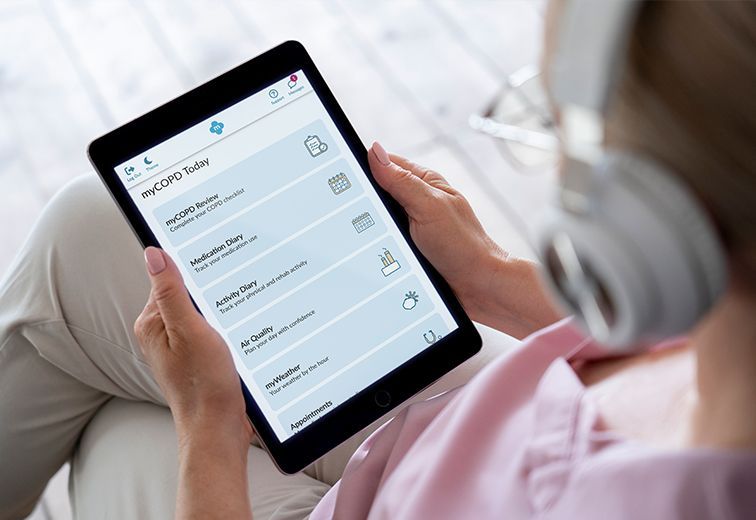
Mal North 1 Simon Bourne 1 Ben Green 2 Anoop J. Chauhan 2 Tom Brown 2 Jonathan Winter 2 Tom Jones 2 Dan Neville 2 Alison Blythin 1 4, 5 Matthew Johnson 4 David Culliford 4 Jack Elkes 3 Victoria Cornelius 3 Tom M. A. Wilkinson 1, 2, 5 my mhealth Ltd Bournemouth, UK Portsmouth Hospitals NHS Trust, Portsmouth, UK Imperial College, London, UK NIHR ARC Wessex, University of Southampton, Southampton, UK Faculty of Medicine, University of Southampton, Southampton, UK First publication of complete results shows the myCOPD app could play an important role in supporting recovery following an exacerbation of COPD. The results from the RESCUE trial (MMH-R02), investigating the possible impact of myCOPD in supporting the recovery of patients admitted with an exacerbation of COPD were published in NPJ Digital Medicine Journal. Exacerbations of COPD are one of the commonest causes of admission and re-admission to hospital. The role of digital interventions to support self-management in improving outcomes is uncertain. We conducted an open, randomised controlled trial of myCOPD in 41 COPD patients recruited following hospital admission with an acute exacerbation. Subjects were randomised to either receive usual care, including a written self-management plan (n=21), or the myCOPD app (n=20) for 90 days. The primary efficacy outcome was recovery rate of symptoms measured by COPD Assessment Test (CAT) score. Exacerbations, readmission, inhaler technique quality of life and patient activation (PAM) scores were also captured. Results showed the app was acceptable in this care setting and was used by 17 of the 21 patients with sustained use over the study period. The treatment effect on CAT score was 4.49 (95% CI: -8.41, -0.58) points lower in the myCOPD arm. Patients’ inhaler technique improved in the digital intervention arm (101 improving to 20 critical errors) compared to usual care (100 to 72 errors). Exacerbations tended to be less frequent in the digital arm compared to usual care; 34 vs 18 events. Hospital re-admissions risk was 30 numerically lower in the digital intervention arm: OR for readmission 0.383 (95%CI 0.074, 1.987; 31 n=35). In this feasibility study of the digital self-management platform myCOPD, the app has proven acceptable. Its use has improved exacerbation recovery rates, with strong signals of lower re-exacerbation and re-admission rates over 90 days. myCOPD reduced the number of critical errors in inhaler technique compared to usual care with written self-management. This provides a strong basis for further exploration of the use of app interventions in the context of recently hospitalised patients with COPD.

Michael Crooks 1 Jack Elkes 2 William Storrar 3 Kay Roy 4 Mal North 5 Alison Blythin 5 Alastair Watson 6 Victoria Cornelius 2 Tom M.A. Wilkinson 5, 6 Hull York Medical School, Hull, UK Imperial College London, London, UK Hampshire Hospitals NHS Foundation Trust – Basingstoke Hospital, Basingstoke, UK West Hertfordshire Hospital NHS Trust – Hemel Hempstead Hospital, Hemel Hempstead, UK mymhealth Limited, Bournemouth, UK University of Southampton Faculty of Medicine, Southampton, UK First publication of complete results for a preliminary trial of a self-management intervention using a scalable app ( myCOPD) demonstrated signals of potential clinical benefit in a population of patients with mild-moderate and newly diagnosed COPD over a 90 day period. The results from the EARLY trial (MMH-R03), funded by an UKRI Innovate UK Grant to my mhealth were published in ersjournals.com. Self-management interventions in COPD aim to improve patients’ knowledge, skills and confidence to make correct decisions, leading to an improvement in health status and outcomes. myCOPD is a web-based self-management app known to improve inhaler use and exercise capacity in individuals with more severe COPD. We explored its impact in patients with mild-moderate or recently diagnosed COPD through a 12-week, open-label, parallel-group, randomised-controlled trial of myCOPD compared with usual care. The co-primary outcomes were between group differences in mean COPD assessment test (CAT) score at 90 days and critical inhaler errors. Key secondary outcomes were app usage and patient activation measurement (PAM) score. 60 patients were randomized overall (29 myCOPD, 31 usual care). Groups were balanced for FEV1% predicted, but baseline imbalance between groups for exacerbation frequency and CAT score. There was a trend to lower CAT scores in the myCOPD arm, but due to the size of the study there was no significant adjusted mean difference in CAT score at study completion, -1.27 (95% CI -4.47 to 1.92, p=0.44) lower in myCOPD. However, increasing app use was associated with greater CAT score improvement. The odds of ≥1 critical inhaler error was much lower in the myCOPD arm (adjusted odds ratio of 0.30 (0.09; 1.06, p=0.061)). The adjusted odds ratio for being in a higher PAM level at 90 days was 1.65 (0.46; 5.85) in favour of myCOPD. The small sample size and phenotypic difference between groups limited our ability to demonstrate statistically significant evidence of benefit beyond inhaler technique, this confirms the finding from previous studies that myCOPD can reduce inhaler technique errors by >70%. The findings of this study will now be used to power a much larger RCT to investigate the impact of myCOPD in this patient population.

O’Sullivan C 1 Stokes J 2 Blythin A 2 Dr. Kirk A 2 Dr. Ellison P 3 Marine and Oakridge Surgeries, South Coast Medical Group, Dorset my mhealth Limited, Bournemouth Dorset Intelligence & Insight Service, Our Dorset – Digital ‘Our Digital Dorset’ and ‘my mhealth’ conducted a study exploring the usage of myCOPD by tracking activity using the Dorset Intelligence and Insight Service (DiiS). Results showed positive uptake and usage with myCOPD, demonstrating improvement in CAT scores. Socioeconomic factors did not appear to negatively influence app activation. myCOPD supports the remote monitoring of patients with COPD. App activity and changes in CAT score were visible to clinicians through DiiS, contributing to a positive population health management approach.

Francis P Chmiel 1 MSc, DPhil; Dan K Burns 1 MSc, PhD; John Brian Pickering 1 DPhil; Alison Blythin 2 MRES; Thomas MA Wilkinson 2,3,4* PhD; Michael J Boniface 1* BEng School of Electronics and Computer Science, University of Southampton , Southampton , GB my mHealth Limited, Bournemouth , GB National Institute for Health Research Applied Research Collaboration Wessex, University of Southampton , Southampton , GB National Institute for Health Research Applied Research Collaboration Wessex, University of Southampton , Southampton , GB
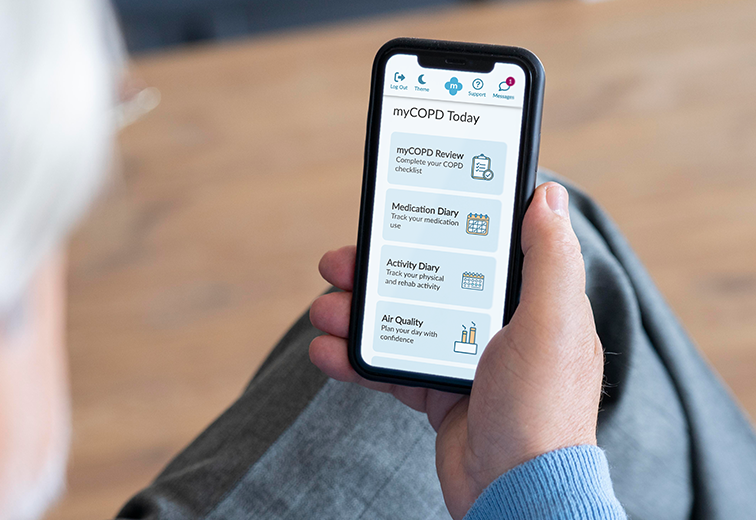
R esearch MMH-R06 published in Published on Pub Med 24th October 2023 Christopher Duckworth 1 Michael J Boniface 1 Adam Kirk 2 Thomas M A Wilkinson 2 3 4 IT Innovation Centre, Digital Health and Biomedical Engineering, University of Southampton, Southampton, UK. my mHealth Limited, London, UK. National Institute for Health Research Applied Research Collaboration Wessex, University of Southampton , Southampton , GB Faculty of Medicine, University of Southampton, Southampton , GB
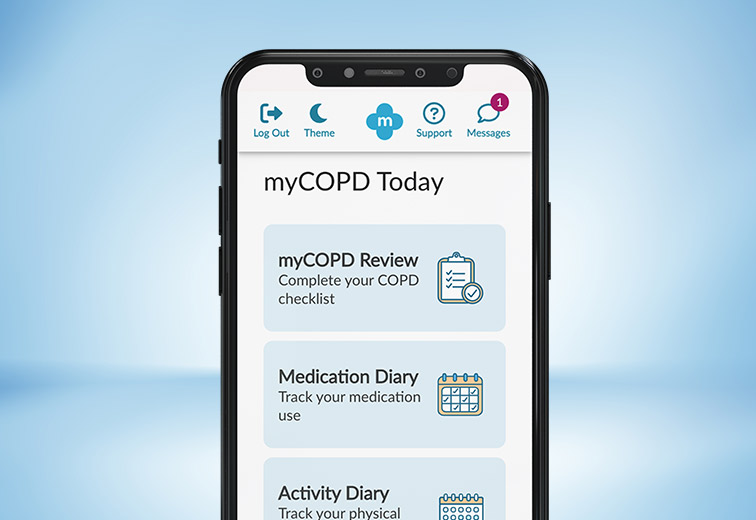
Results of a supported self-management evaluation of COPD patients by Stonehaven Medical Group and Aberdeenshire Health & Social Care Partnership (NHS Grampian). Kris McLaughlin, Erika Skinner Stonehaven Medical Group and Aberdeenshire Health & Social Care Partnership designed this test of change evaluation to explore the impact of myCOPD on patient self-management, exacerbations frequency, unscheduled general practice (GP) consultations and hospital admissions. Chronic Obstructive Pulmonary Disease (COPD) is a common and serious disease of the lungs. Many people in the UK suffer with the disease and it is a leading cause of hospital admissions. Preventing COPD exacerbations and promoting overall wellbeing can be achieved through supportive self-management of disease. However, successful self-management is dependent on the knowledge and skills provided to patients to give them the confidence to make the right decisions about their treatments, use of healthcare services and lifestyle choices. Digital tools can be a useful resource to support patient self-management. The myCOPD app provides structured education, pulmonary rehabilitation, inhaler videos to promote good inhaler technique as well as supportive self-management tools. This test of change evaluation was conducted in primary care in 2019. At 5 months data was collected to review any outcomes since myCOPD was introduced. Overall, 64 patients agreed to take part with 43 agreeing to an early review. Of these 43, 23 (53.4%) patients who had been given access to myCOPD attended the interim review. The evaluation involved measuring CAT score, inhaler technique including rescue inhaler usage, healthcare usage and hospital admissions, and patient feedback. Results identified 4 key outcomes: 1. An overall improvement in mean CAT score of -2.1 since the start of the study 2. A mean reduction in rescue inhaler use was observed from 3.17 to 2.13, demonstrating an improvement in symptom control. There was also an overall improvement in inhaler technique, where good inhaler technique practices increased from 48 to 91% 3. There was a reduction observed in healthcare usage when comparing patient data prior to myCOPD. Overall, there were 20 (19%) less unscheduled GP appointments (reduction range of 105 to 85), and hospital admissions dropped from 6 to 0 during this time 4. Patient feedback showed that the proportion of patients who described their ability to manage exacerbations very well rose from 29 to 55%, and those who felt confident using an inhaler rose from 76 to 90% This real-world evaluation of myCOPD provides valuable insights into the benefits of using digital health to support self-management. Recent studies have shown that myCOPD can provide patients with an alternative, or adjunct, to their COPD healthcare management. These results reinforce the evidence base from our formal RCTs (EARLY and RESCUE) which showed that using myCOPD improved inhaler technique, reduced CAT score, exacerbations and hospital admissions. Based on these results, Stonehaven Medical Group, NHS Grampian’s Respiratory Managed Clinical Network canvassed for widespread adoption of myCOPD. This is to be commissioned by the Operation Home First Steering Group who have approved funding to enable rapid deployment of myCOPD during winter 2020/21.

